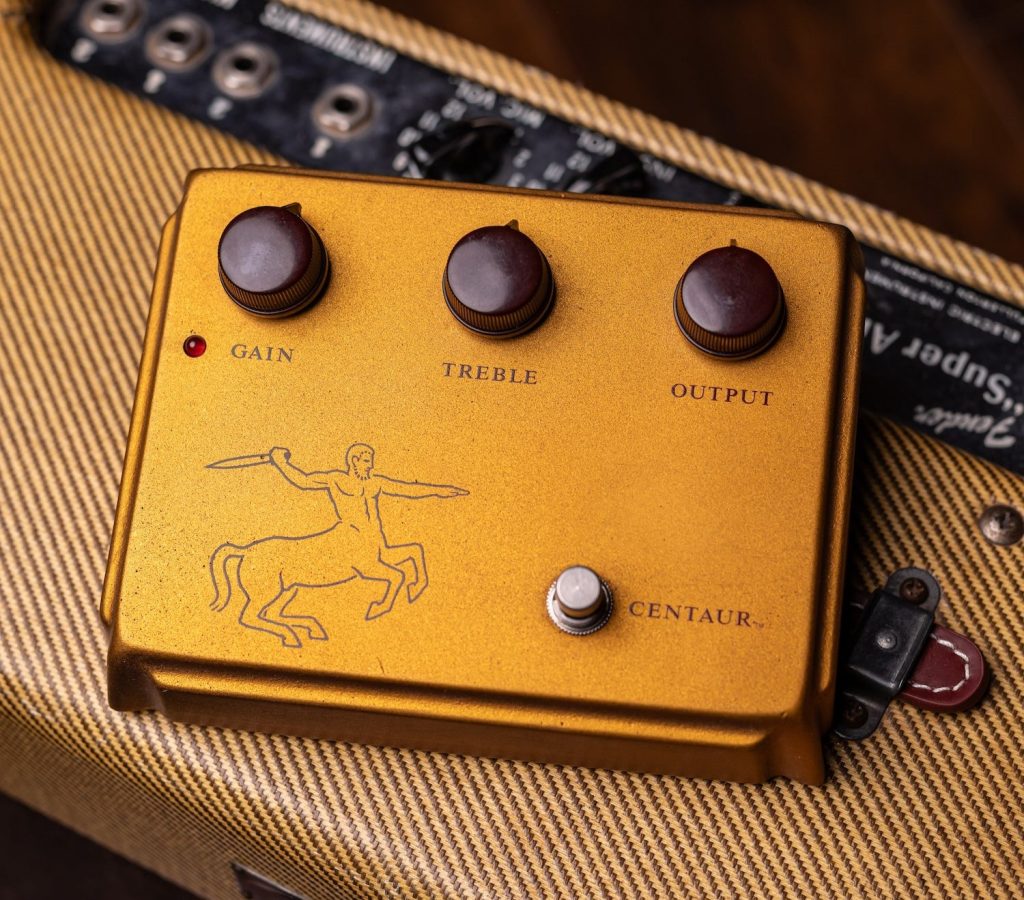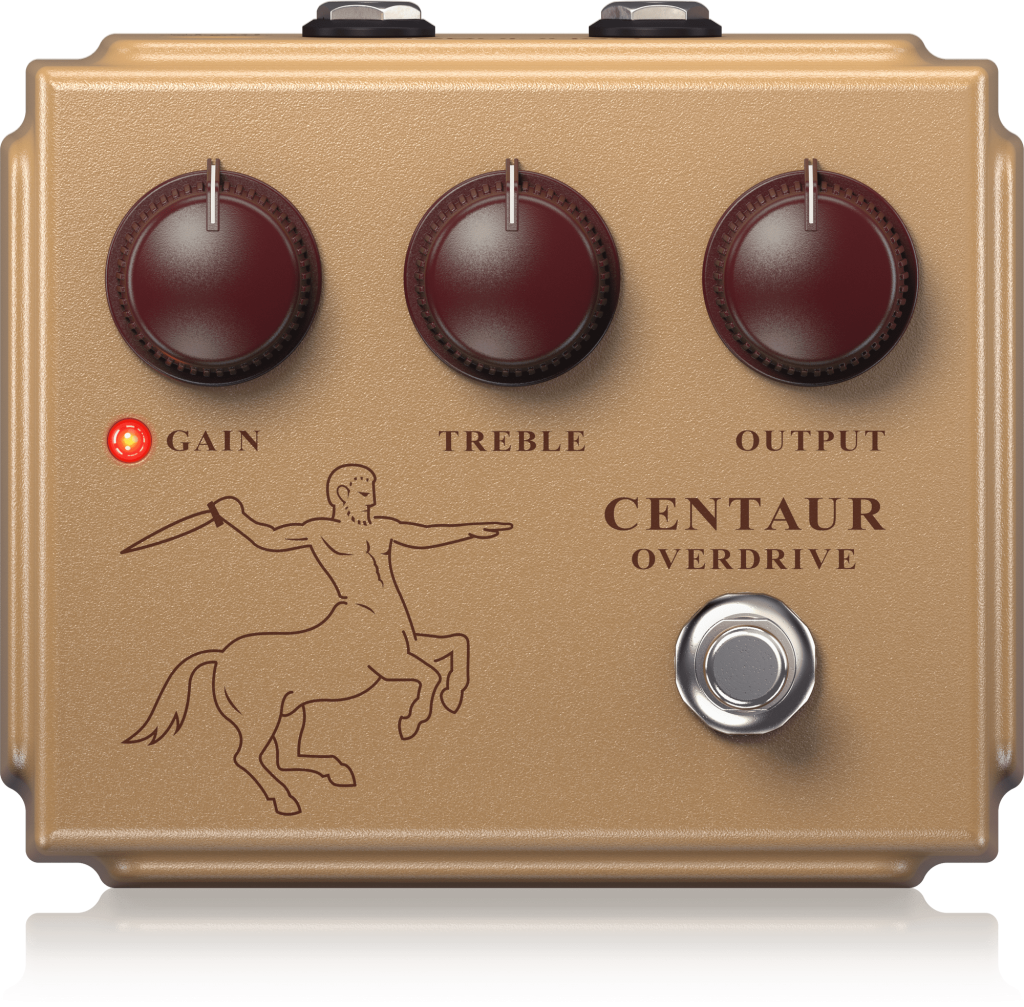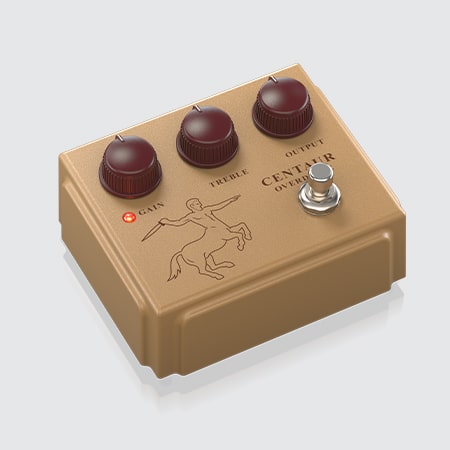Okay, let’s talk about the Behringer Centaur. Now, everyone knows about the Klon Centaur, right? The legendary overdrive that’s basically become a mythical creature in the guitar world. It’s insanely expensive, practically impossible to find, and rumored to sound like pure magic.

So, Behringer comes along and drops this Centaur, a dead ringer for the Klon in terms of looks. Naturally, everyone’s skeptical. “Can it really capture that Klon magic?” is the question on everyone’s lips.
Well, let’s be honest, it’s not an exact clone. No pedal really is. But here’s the deal: the Behringer Centaur definitely nails the vibe of the Klon. It’s got that same smooth, transparent overdrive that boosts your signal without squashing it. You get that subtle compression and harmonic richness that makes your guitar sing.
It’s a pedal as legendary as the many mythological creatures it’s named after. But whatever shape it takes, or whichever four-legged animal it goes by, it’s popularity and mythical status among guitarists is unquestionable. Introducing the Behringer CENTAUR OVERDRIVE.
The heart of CENTAUR OVERDRIVE’s transparent circuit is a dual potentiometer gain control – an improved version of the original concentric gain control which makes it more reliable and precise. Simply put, you get to easily dial in your tone to get a completely clean signal or have more overdrive mixed in as you turn the knob all the way up.
Another great characteristic of CENTAUR OVERDRIVE is its natural ability to respond well to picking dynamics. The pedal’s high headroom and high-quality diodes make this possible. With CENTAUR OVERDRIVE in the chain, you can dance lightly on the strings for a cleaner tone or really dig in to make your guitar, and amp, roar.
Here’s the breakdown:
- The Good:
- Affordable: This is the biggest selling point. You get Klon-esque tones for a fraction of the price.
- Versatile: It works well with a wide range of guitars and amps.
- Build Quality: Surprisingly good for the price. It’s sturdy and feels well-made.
- Gain Structure: You can dial in a wide range of overdrive, from subtle boost to full-on distortion.
- The Not-So-Good:
- Not an Exact Clone: It has its own character. Some might find it a bit “fizzy” compared to the Klon, especially at higher gain levels.
- True Bypass: While it claims true bypass, some users have reported a slight volume drop when engaging the pedal.
The Verdict:
The Behringer Centaur is a fantastic option for players who want that classic Klon sound without breaking the bank. It’s not a perfect clone, but it captures the essence of what makes the Klon so special. If you’re on a budget and craving those smooth, singing overtones, this pedal is definitely worth checking out.

Behringer Centaur Overdrive Pedal
Klone-style Overdrive Guitar Pedal with Germanium Diodes, Dual-concentric Gain Knob, and Stepped-up Internal Voltage
Enquire for Availability & Updated Price




